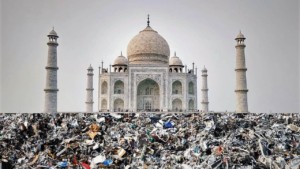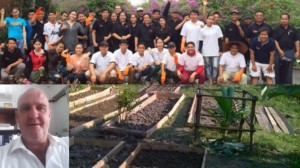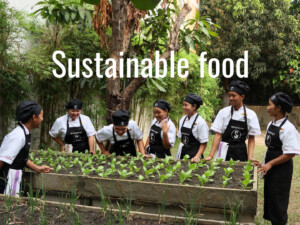Philippines tourism development & how to avoid more Boracays
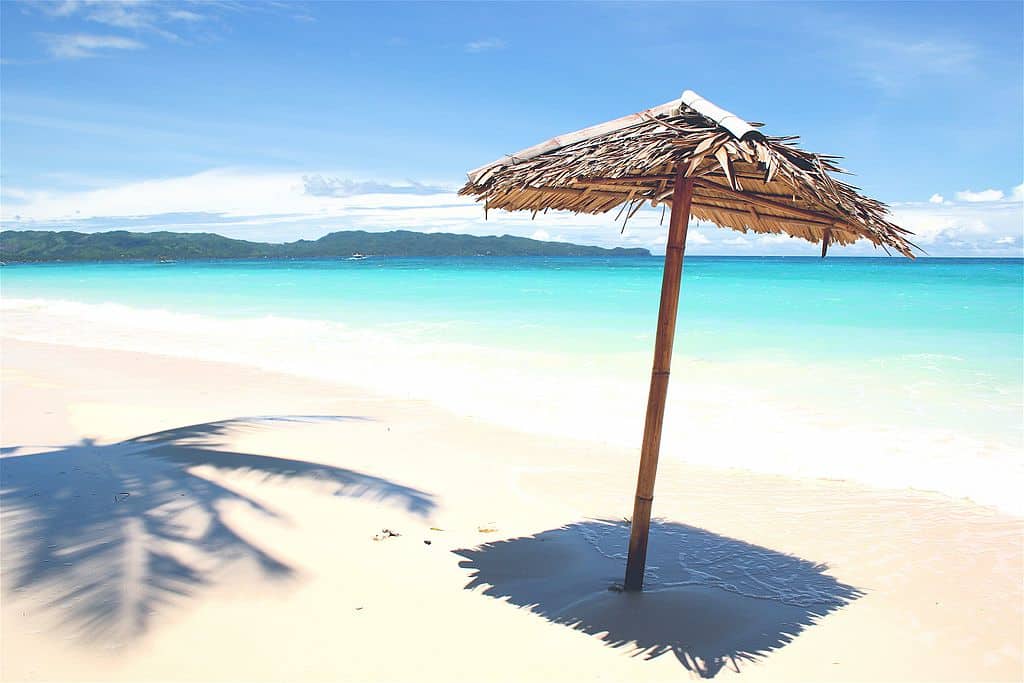
Prominent Filipino writer and economist Dr Bernardo M Villegas is encouraged by the preliminary draft of the next Philippines tourism development plan because of its intent to develop low-density, community-based, and nature-based tourism and to promote the use of green technologies. However, in this “Good Tourism” Insight, Dr Villegas urges authorities to look to Spain as a case study in waste management in order to avoid more Boracays.
Whenever I enumerate some of the Philippines’ leading tourism destinations, especially to domestic tourists, I try to single out the less-trodden places like Siquijor, Malapascua, Camiguin, Camotes, Pagudpud, San Vicente (Palawan), Coron, Kalangaman (Eastern Visayas), Guimaras, Sicogon, San Juan (La Union) and Baler (Aurora). I intentionally omit mentioning the over-visited and over-rated Boracay. My fond wish is that the numerous island destinations that are now increasingly accessible, thanks to improvement in infrastructures (notably the Philippine nautical highway), will not follow the way of Boracay.
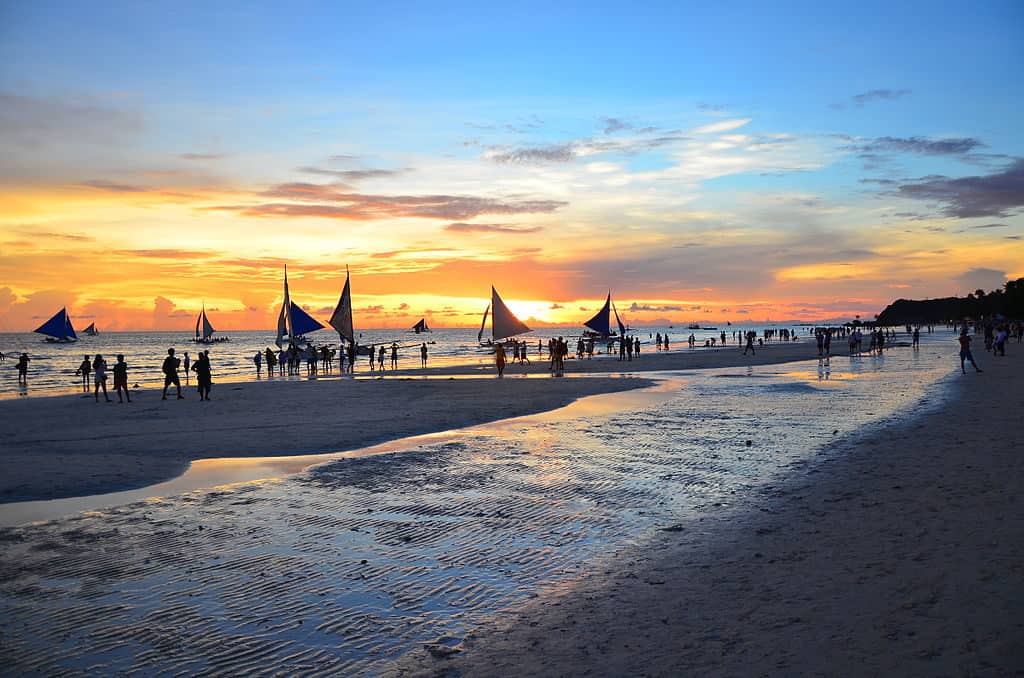
That is why I was glad to read among the strategic directions to be taken by the Department of Tourism in a preliminary draft of the National Tourism Development Plan (2016 to 2022) the following item:
Preserve Environment and Promote Climate Change Adaptation
Nature-based tourism can be a source of community pride and livelihood, and their use as tourism assets for ecotourism and low-impact tourism can also be an educational tool for highlighting environmental preservation measures showcasing sustainable good practices in taking care of the natural surroundings. The growth of this particular travel market segment has been the cornerstone of success in several counties as travelers continue to seek unique, authentic, and environment-friendly destinations and products. The National Ecotourism Strategy forged by the DENR and the DOT is a strategy to foster a connection to nature and the lasting commitment to their conservation.
Among the strategies considered are the following:
- Implement the National Ecotourism Strategy and develop at least 12 ecotourism sites as pilot areas with emphasis on employment generation.
- Develop national parks and marine sanctuaries for low-density, recreation and tourism activities with private sector investment involving Medium Scale and Small Enterprises (MSMEs).
- Promote green technologies and innovative measures in tourist sites and tourism enterprises.
In this regard, I would like to call attention to a position paper coming from the Philippine Institute of Environmental Planners (PIEP) and the Alliance for Safe, Sustainable and Resilient Environments (ASSURE) entitled “How Do We Solve A Problem Like Boracay.” The paper laments the worsening environmental conditions in this premier tourism destination in the Visayas allegedly due to untreated wastewater and improper solid waste management. The concern is not only with the catastrophic impact on Boracay’s tourism industry but more importantly on its residents’ and visitors’ health, safety and well-being.
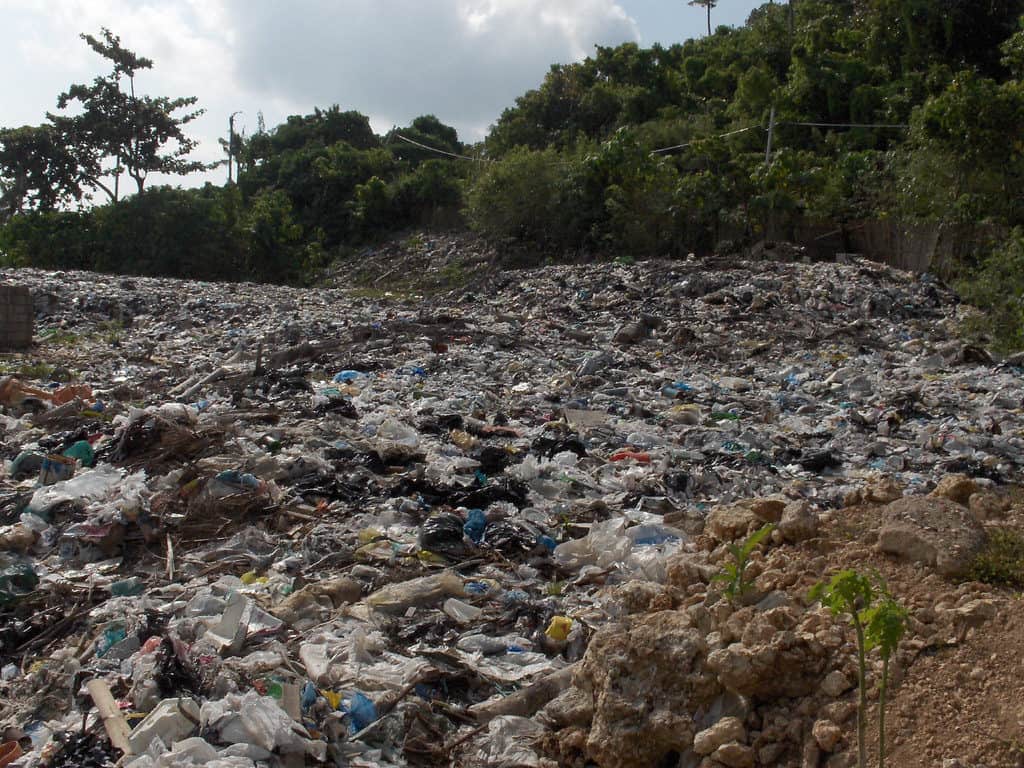
The case of Boracay is an example of imprudent over-development and congestion permitted by the local government authorities. As the paper points out, in 2000, only 229,509 tourist arrivals were recorded in Boracay. Since then, the number dramatically rose to 1,725,483 million by 2016. According to the Municipality of Malay, tourist arrivals will continue to increase with the expected arrival of cruise ships. The island’s environmental carrying capacity will be further exceeded unless the following measures are carried out:
- The enforcement by the government agencies concerned of the existing environmental and sanitation ordinances that Boracay already has;
- The immediate installation of wastewater treatment facilities and/or connection to the sewage treatment plant by hotels, business establishment and residences. Funding for this can come from the Environmental Fee that the government collects from each visitor to Boracay;
- The promotion of and support to the adoption by local residents and tourists of ecologically responsible behavior; and
- An immediate collaborative assessment by Boracay’s key stakeholder groups of the ecological carrying capacity of the Island in order to establish a mutually beneficial course of action and standards of sustainable tourism.
The local government officials responsible for the welfare of the residents of Boracay should explore the possibility of attracting private investors to take advantage of the Public Private Partnership for the People (P4) provision of the Local Government Code of 1992 to put up waste treatment and disposal facilities. Among the best practices that should be considered in this regard are those that come from Spain.
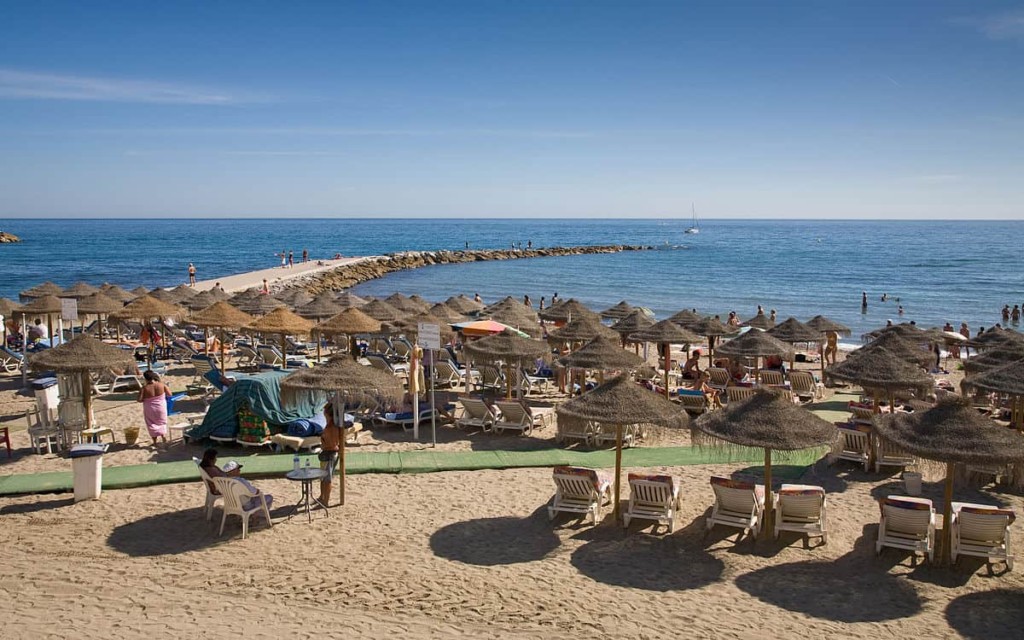
Spain is the country par excellence for tourism. Spain has managed to keep their beaches pristine and environmentally sustainable, despite tens of millions of tourists visiting annually, because the Spaniards have perfected the technology of waste treatment and recycling. In 2016, Spain had close to 70 million tourists compared with only 45 million permanent residents in the country. Despite these numbers, beaches such as those in Costa Brava, Costa del Sol, Palma de Mallorca and other favorite resorts have not met the fate of Boracay because of advanced practices in environmental management. There are technologies which can convert waste into energy, construction materials and organic fertilizers that Spanish companies can readily bring to the Philippines. People from the private sector and local government units interested in these technologies may get in touch with Barcino Advisers, a group of professionals promoting closer trade and investment relations between the Philippines and Spain.
For the benefit first of our own domestic tourists (which the Department of Tourism estimates to be 65 million in 2016) as well as foreign tourists (estimated at 6 million in 2017), we should make sure that beach resorts all over the Philippine Archipelago will learn from the sins of omission of those responsible for the welfare of the Boracay residents. We need local government officials who are proactive and who do not depend on national offices based in the National Capital Region for solutions to their environmental problems.
I am glad that there are associations like the Philippine Institute of Environmental Planners (PIEP) presently led by Ms Maria Theresa Quimpo as President and the Alliance for Safe, Sustainable and Resilient Environments (ASSURE) led by its President Nathaniel von Einsiedel who are assisting local communities to become safe, sustainable and resilient. I am also glad to learn that Ms Gina Lopez, former Secretary of the Department of Environment and Natural Resources, is putting up a foundation to promote the cause of sustainable environment which is direly needed in our multiple tourism zones. May their tribe increase.
Featured image: Beach scene, the Philippines. By Angelo Juan Ramos from Makati City, Philippines (CC BY 2.0) via Wikimedia.
About the author
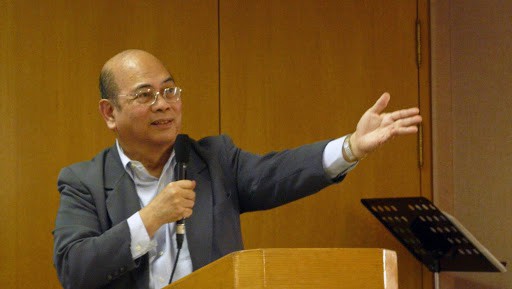
With a Ph.D. in Economics from Harvard University, Dr Bernardo M Villegas is a Filipino writer and economist. He was a member of the Constitutional Commission that drafted the Philippine Constitution under the government of President Corazon Aquino. Currently he is a professor and senior vice-president at the University of Asia and the Pacific (UA&P), the research director of the Center for Research and Communication, and visiting professor at IESE.


